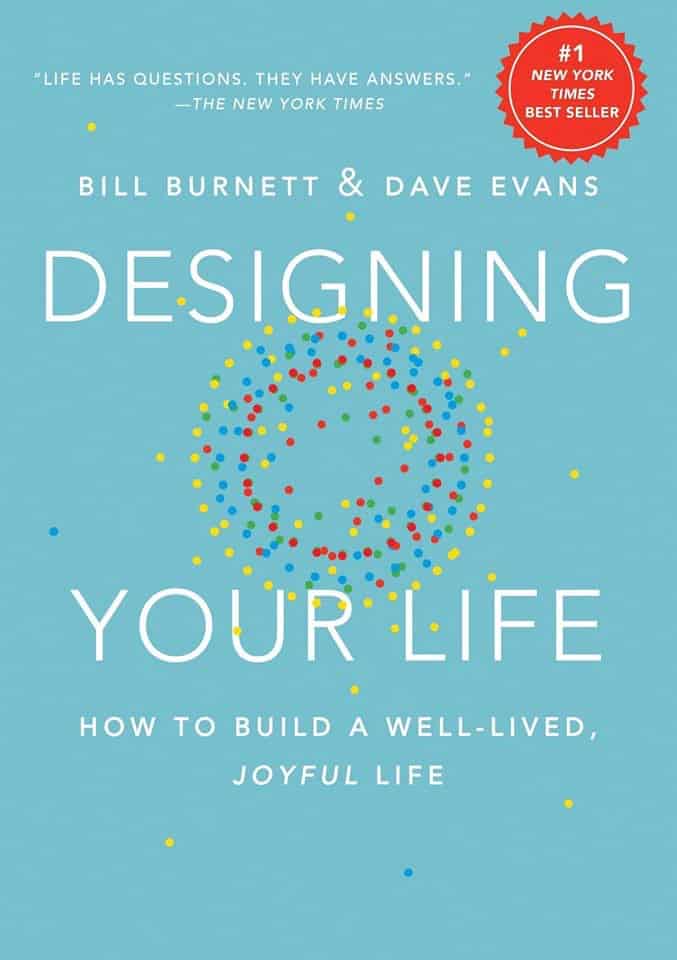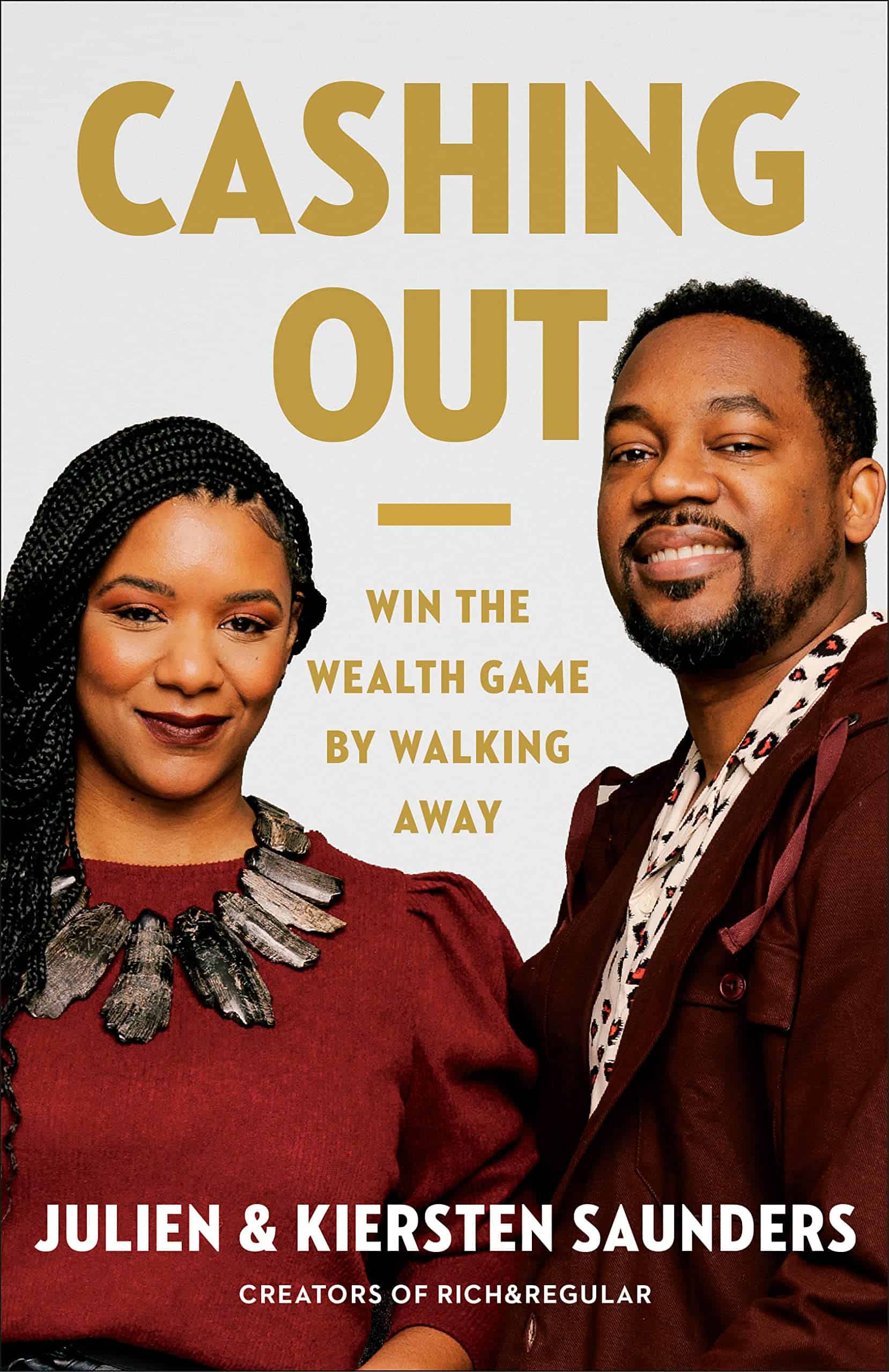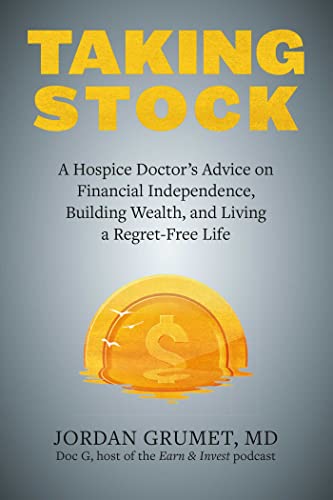A values-driven life
Hello, friends. Just a quick note to let you all know that my life, at last, seems to be settling. A full two months after the death of my mother, the fog has lifted and I find that I'm motivated to pursue productive pursuits once more.
I spent much of the past several weeks doing some serious soul-searching. It's clear to me (and to Kim) that above all else, I need to make 2023 the year of me.
2023 — The Year of Me
More than a decade ago, I got into the habit of theming my years and months. It was fun! It was also fruitful. Whenever I decided to devote a span of time to one thing, I had great results, whether it was with fitness or writing or dating. This habit of theming lasted for a couple of years, then fell by the wayside. Continue reading...
A man of no ambition
A memory came to me this morning while I was walking the dog, a memory of those days when I was fresh out of college and just beginning to work for my father at the box factory.
A salesman had come knocking on our door. This was strange since the box factory was (and still is) located in a rural area. But somehow this guy had found us and he was there to make his pitch: He was a salesman who trained salesmen. (And, presumably, saleswomen although this wasn't part of the spiel in 1992.)
Dad, amused, introduced this fellow to me. "This is J.D.," Dad said. "He's our salesman. Talk to him." So, this guy sat down with me in a back room of the shabby trailer house that served as company HQ. (This was the very trailer house I'd grown up in. And trust me when I say it was a pit, a sty. It was just as bad as you're imagining. Maybe worse.)
Why I bought a NEW car
I am 53 years old. Never in my life have I allowed myself to buy a car I truly love...until now. This is the story of how I allowed myself to make a huge purchase just for the joy of it. And it wasn't even a purchase I'd intended to make. Let me explain.
During the peak of the pandemic (early July 2020), I paid $35,990 for a used 2019 Mini Countryman SE All4. The Countryman — which I call a "Maxi Cooper" — isn't a bad car, but I regretted buying it almost immediately. I'd intended to replace my 2004 Mini Cooper with a newer version of the same model, but allowed myself to be talked into a compact SUV.
For two years, I drove the Maxi Cooper and tolerated it. It wasn't a bad car by any means, but it was a bad car for me. I'm not an SUV guy. I'm a small-car guy.
How self-centered shopping has made me happier with the things I buy
I've changed the way I shop over the past few years. And although the shift has been subtle, I've found that I'm much happier with the things I buy.
In the past, my approach to shopping was simple. If I wanted a new thneed, I would go to a store (or, with the advent of the internet, a website) and choose from the available thneeds. I'd look at the store's selection (or the website's selection) and pick the one best suited for me.
If the thneed I wanted was particularly expensive or important, I might expand my search to multiple stores or multiple websites. But usually, I stuck with the first store I visited.
Who coined the term FI/RE (financially-independent, retired early)?
It's always fun to unearth some esoteric piece of personal finance history. I know there are only a few nerds out there who care (hello, Grant Sabatier!), but those of us who care really care.
Two years ago, I published an article exploring the history of financial independence in which I noted that the earliest reference I can find to the notion of financial independence comes from an 1872 book called Money and How to Make It by H. L. Reade. And it wasn't until the 1950s that the concept of early retirement (at least in the sense we mean it today) gained traction. But despite my research, I still have questions, such as: What's the source of the modern FIRE movement?
Who Coined the Term FIRE?
Recently at The Retire Early Home Page — a site so old that it existed (and still exists) at the dawn of the web — John P. Greaney answered the question: Who coined the term FIRE?
Designing my life, part one: Building a compass

After advocating Designing Your Life to several friends, two of them suggested that we work through the book's exercises together. One of those friends is Kim, my long-term girlfriend. The other is Craig, a college classmate. I thought it might be fun to share some of these exercises as we complete them over the next couple of months.
Because I want to respect the intellectual property of the authors, I'm not going to describe the exercises exactly. Instead, I'll provide a vague overview and then discuss my own answers. (And, when it makes sense, I'll also include answers from my friends.)
Designing your life
I am obsessed with the film Everything Everywhere All at Once. From the moment I saw the trailer, I knew the movie was meant for me. I was right. The film's bizarre blend of action, philosophy, science fiction, taxes, and juvenile humor feels specifically targeted to me and my brain.
For those unfamiliar, here's a quick plot synopsis.
Evelyn and Waymond Wang own a laundromat. Their business is failing, their marriage is fracturing, and so is their relationship with Joy, their daughter. During a meeting with the IRS, Evelyn is visited by a version of her husband from a parallel universe. He says that the multiverse — all of the many parallel universes — is under attack from an evil being named Jobu Tupaki, and Evelyn is the only one who can save it. The rest of the film is about Evelyn overcoming her skepticism and discovering her true power (and Waymond's).
Life is not a game
This article was written by Michael Laurence. Previously at Get Rich Slowly, Michael has shared his thoughts on investment risk and what happens when more money makes you miserable.
You hear the phrase "the game of life" all the time.
https://www.youtube.com/watch?v=L-o8Spa4isQ
Learning to dance: How couples can have constructive conversations about money
Today, the Get Rich Slowly summer of books concludes with an excerpt from Cashing Out: Win the Wealth Game by Walking Away from Julien and Kiersten Saunders. Julien and Kiersten are the power couple behind the rich & Regular blog and YouTube channel.
The following excerpt from Cashing Out (published by Portfolio/Penguin) is used with permission. Copyright © 2022 by Rich & Regular LLC. This passage has been edited to be more readable on the web.

The power of non-monetary investments
The Get Rich Slowly summer of books continues! Today's excerpt comes from Jordan Grumet, better known in the FIRE world as Doc G, host of the Earn & Invest Podcast. When he's not talking about money, Jordan is a real-life hospice doc. His new book, Taking Stock, offers lessons from the dying to the living.
The following is from Taking Stock by Jordan Grumet with permission from Ulysses Press. Copyright © 2022 by Jordan Grumet. This passage has been edited to be more readable on the web.
